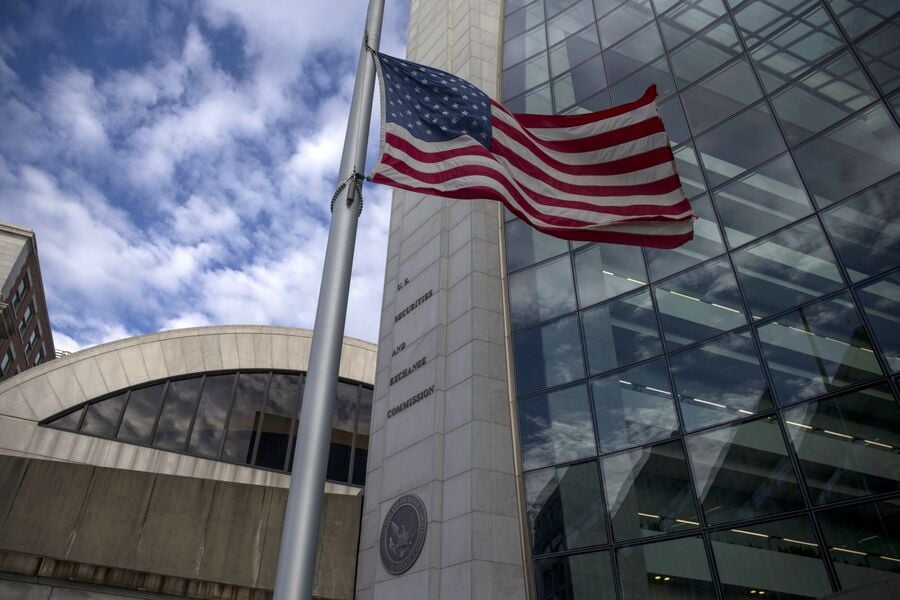

The Securities and Exchange Commission was sued by a conservative think tank and a pair of individual investors who claim the regulator’s new market surveillance tool violates their constitutional privacy rights.
Filed Tuesday in federal court in Waco, Texas, the suit led by the National Center for Public Policy Research accuses the SEC of acting without authority to create the Consolidated Audit Trail, a database intended to collect virtually all US trading data.
According to the suit, the CAT will “impose dystopian surveillance, suspicionless seizures, and real or potential searches on millions of American investors.”
The Texas suit, which is asking to have the CAT declared void and its databases expunged, follows a legal challenge to the project filed in October by Citadel Securities and the American Securities Association. That suit is focused more on the SEC’s funding model for the CAT — charging potentially billions of dollars in fees to broker-dealers — but also highlights privacy concerns that have increasingly animated conservatives.
Asked for comment on Tuesday’s suit, SEC spokesperson Stephanie Claire Allen said, “The Commission undertakes its regulatory responsibilities consistent with its authorities.”
The new suit comes the day after the agency filed its response to Citadel Securities. In a Monday brief, the SEC called the market making firm’s challenge “meritless,” defended the CAT as a natural progression of its oversight powers and stressed that there were limits on the CAT’s access to and use of personal data. The regulator decried the “caricature“ of the database being used “to snoop on Americans’ personal financial decisions.”
That’s precisely the specter raised by the Texas suit, which says the CAT “enables SEC to review private citizens’ investment choices and, in many cases, to see their entire portfolios.” That will allow the government “to review citizens’ trading strategies and thereby evaluate the core values and moral convictions that motivate Americans’ investment decisions.”
The suit says the CAT violates the constitutional protections for free speech and against warrantless searches and seizures.
First proposed in 2010 after that year’s “flash crash” briefly wiped almost $1 trillion off US stocks, the CAT is designed to give the SEC a live window across markets in near real-time, with an eye toward detecting unusual activity and misconduct.
In its Monday brief, the SEC said the previously “cumbersome, time-consuming and frequently unsuccessful” process of tracking orders from origination to execution had become obsolete in today’s faster and more automated markets.
The case is Davidson v. Gensler, 24-cv-00197, US District Court, Western District of Texas (Waco).

Wealth managers highlight strategies for clients trying to retire before 65 without running out of money.

Shares of the online brokerage jumped as it reported a surge in trading, counting crypto transactions, though analysts remained largely unmoved.

President meets with ‘highly overrated globalist’ at the White House.

A new proposal could end the ban on promoting client reviews in states like California and Connecticut, giving state-registered advisors a level playing field with their SEC-registered peers.

Morningstar research data show improved retirement trajectories for self-directors and allocators placed in managed accounts.
Orion's Tom Wilson on delivering coordinated, high-touch service in a world where returns alone no longer set you apart.
Barely a decade old, registered index-linked annuities have quickly surged in popularity, thanks to their unique blend of protection and growth potential—an appealing option for investors looking to chart a steadier course through today's choppy market waters, says Myles Lambert, Brighthouse Financial.
